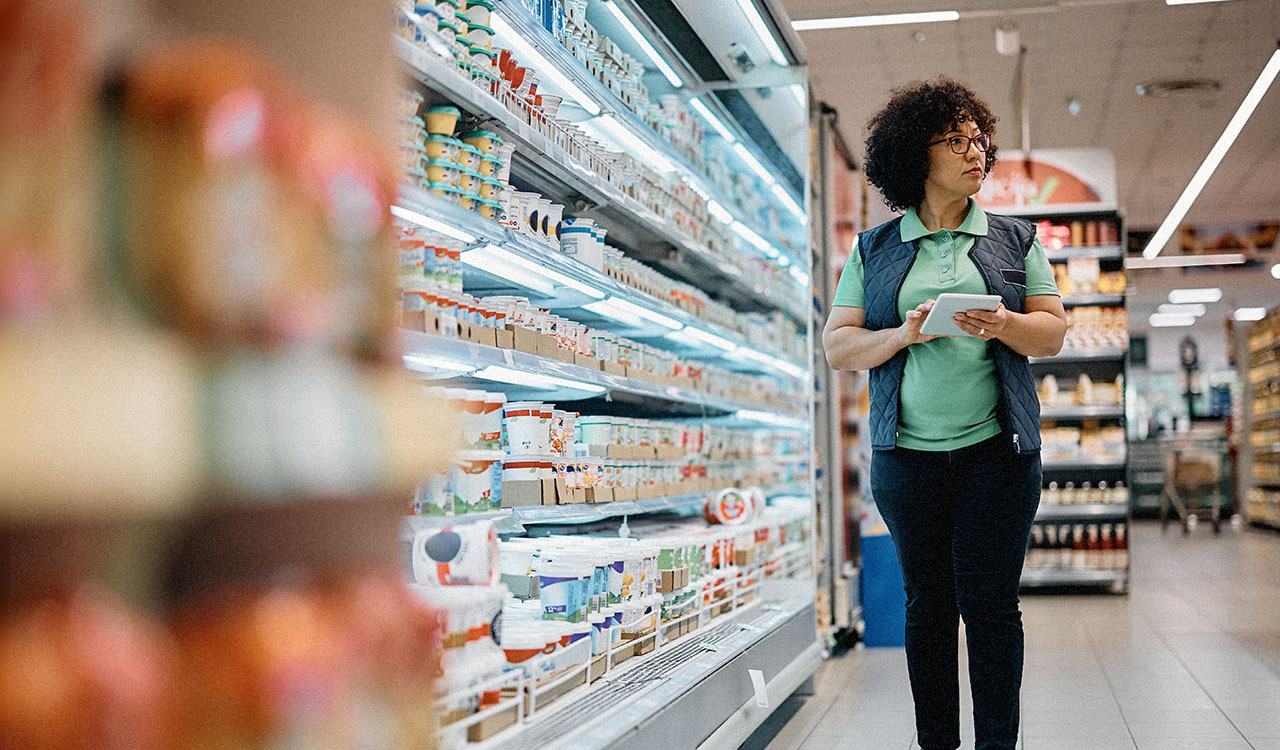In our September 18th podcast we discussed six major issues that retailers and brands are wrestling with going into the 2021 Holiday season. At the top of the list, and the one that significantly affects how to deal with the other five, is what will consumer behavior look like now that the more virulent Delta variant has emerged and is wreaking havoc…all over again.
Disruption Accelerated
Even prior to the first wave of Covid-19, the industry was living in a world of major disruption, triggered by the internet and ecommerce. Digital catalyzed the struggle to understand and implement an endless stream of innovative new technologies responding to rapidly shifting consumer behavior. The customer, armed with a keen understanding of technology and its use, was way out ahead of the retailer. On top of this, the next-gen young consumer culture, with a whole new set of values, was quickly emerging.
[callout]It’s too late for merchandise planning, but it’s not too late to have an explicit understanding of what to expect in terms of shopping preferences. Based on the new privacy protocols, first-party data is the key to unlock customer preferences and behavior.[/callout]
Then Covid-19 hit the world like a humungous asteroid. You could multiply the disruption and destruction it wrought on the industry during its emergent stage by an exponential factor. It just accelerated the good and the bad, speeding up the successful changes and quickly pushing the losing strategies into failure, bankruptcies and liquidation. The bittersweet news is that while it has been hugely painful, it also sparked innovative ideas for elevating the level of consumer engagement and the shopping experience.
A Moment of Optimism
Early in 2021, there were budding signs of optimism that we were closing in on and beating the pandemic — or at least getting it under control. Even the President said we could probably celebrate July 4th in a pre-Covid, normal way.
Then, just as the stealth and unprecedented global attack of Covid in 2020, the Delta variant showed up in 2021. Combined, both viruses and their related unknowns would cripple the economy and disrupt everything in the lives of our species. And here we are as a huge surge of new cases runs rampant across the country, with most of the ICU beds and 97 percent of deaths coming from those who are unvaccinated. What is wrong with this picture?
The Delta Grinch?
Delta’s timing and the number of new unknowns it raises could not be worse as we head into winter and more importantly for retailers, the 2021 Holiday season. And as always, the single dynamic that drives everything, is the consumer. Therefore, the biggest unknown for retailers and brands is how consumers are going to behave over the next few months.
With Covid-19, we shut down the economy except for essentials. We masked everybody, told them to isolate at home, and then raced to create a vaccine. The economy collapsed and ecommerce soared. And savings accounts went off the charts. Is history about to repeat itself?
Healthcare and Politics
After seeing July 4th optimism come and go, the Delta variant rained on everybody’s parade. The number of unknowns now are much worse. How long will the surge of infections and death continue? How can we overcome the politicization of a global health crisis? Get a vaccination or not? Will we need or even get a booster? The enormous issue of kids safely going back to school. When will we have vaccines for children under 12? And what about the health of the underserved all over the world? The political football just gets worse.
The Consumer Calls the Shots
So, how will consumers behave? Anybody’s guess is good. Consumers will act differently in different states and locales. And even if the number of infections plateaus and begins to recede, we will still operate in an atmosphere of anxiety. The many vagaries about consumer behavior are what retailers and brands are now pondering. And time is running out for making major decisions regarding merchandise assortment, marketing, pricing, inventory and disrupted supply chains, in-store safety rules, online and offline strategies, and on and on.
Operating decisions will depend on the answers to these three questions:
- Will consumers once again isolate out of caution?
- Will they hold on to their large savings accounts and minimize their purchasing?
- Will the economy once again go into lockdown mode and divide the retail sector into essential and nonessential?
Predictions
Major consultancies, credit card marketers, researchers and analysts make predictions for retailers to consider. As reported in Retail Dive, Numerator Research reports consumers are retrenching in the face of the Delta variant, with only 20 percent of respondents saying they are “highly optimistic” about a return to normal, down from a third at the beginning of the summer. Berkeley Research Group found that nearly 60 percent of respondents are “very or somewhat concerned” about holiday plans being disrupted by the pandemic.
Numerator also found that the number of people who said they had resumed pre-Covid behaviors fell for the first time, from 39 percent in July to 27 percent in August. Nearly half say they expect full reopening’s to be delayed until 2022 or later, up from 23 percent in July and 18 percent in June. The comfort level of shopping without a mask dropped 15 percentage points from July to August.
Wells Fargo economists noted that new Covid-19 cases were averaging about 100,000 daily at the time of their August economic outlook report and had risen to more than 150,000 per day at the time of their September report last week. \”As a result, Americans have generally become more cautious,\” they note.
Berkeley Research Group says many consumers are falling back into their cautious pandemic ways. That includes shopping online more: Nearly 60 percent will use a mix of online and in-person shopping for the holidays, but just 13 percent plan to shop entirely in physical stores, while 24 percent plan to shop entirely online. Pandemic-related declines in tourism and office work that affect retail are also surging again. Numerator found that comfort with traveling for leisure declined seven percentage points from July to August.
And according to the National Association of Real Estate Trusts, the number of employees telecommuting due to Covid-19 rose to 400,000 in August, the first increase in work-from-home since late last year.
By the Numbers
Based on the research revealing less than favorable consumer behavior, it is perplexing to read MasterCard’s forecast of retail sales for the period of November and December. They are predicting a 7.6 percent increase in retail sales offline and an 8 percent increase online. Deloitte has predicted that Holiday sales will grow between 7 and 9 percent, without breaking out online and off.
How do we correlate all this predictive sales research with consumer studies? Retailers need to deeply know their own customers. It may be too late for merchandise planning, but it’s not too late to have an explicit understanding of what to expect in terms of shopping preferences. Based on the new privacy protocols, first-party data is the key to understand customer preferences and behavior. Now is the time for retailers to mobilize their research efforts, study their customers and then give them what they want. Data analytics are crucial and the timeline for planning has shrunk in a digital marketplace, which can be good news for retailers to practice agility and pivot to make Holiday 2021 a profitable season.
Having said that, sales are critical, but relationships are more important. If retailers are tone deaf to the emotions and psychological state of their customers, they will lose in the long run. Authenticity, understanding and empathy will build trust with loyal customers long after holiday and the pandemic are over. Retail has to be more than a transaction. And retailers need to step up and be part of the communities they serve. Retail is a long game, and although Holiday has traditionally been a reliable way to make their numbers to close out the year, the pandemic has changed the rules. Savvy operators will take these disruptions to heart and use their learnings to strengthen their business focused on what customers want, not on a legacy corporate strategy.
Holiday can be a free for all, or it can be a moment to deeply connect with customers, empathize with them and show up as a partner in the community to improve wellbeing and make lives matter. Holiday has traditionally been the time retailers created the magic and dreams children hold onto throughout their lives. This year is a big one to build wonder and awe that transcends the unknowns facing us. Pollyanna? Think of it as an opportunity not a sentimental strategy.




